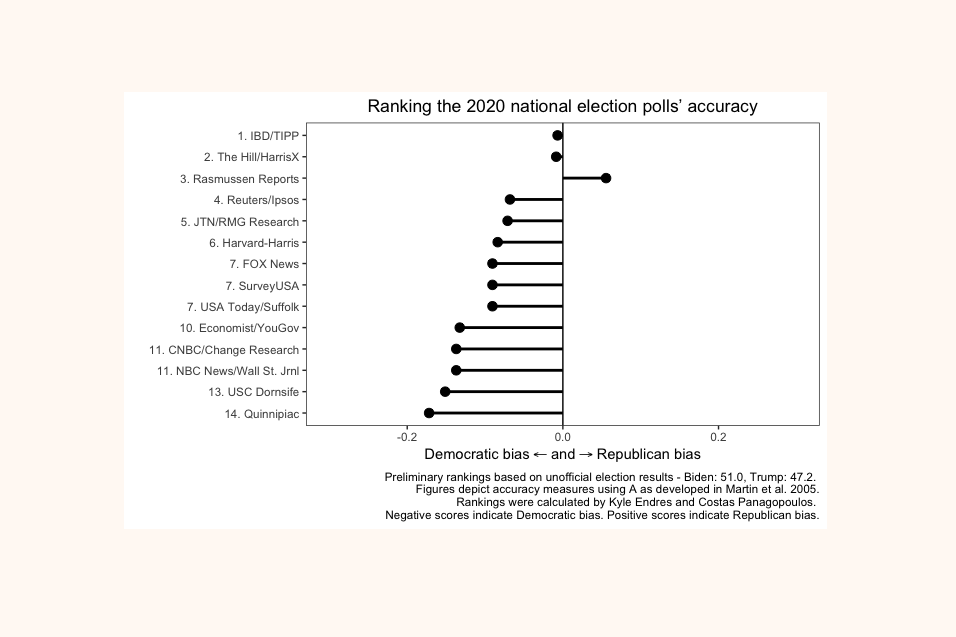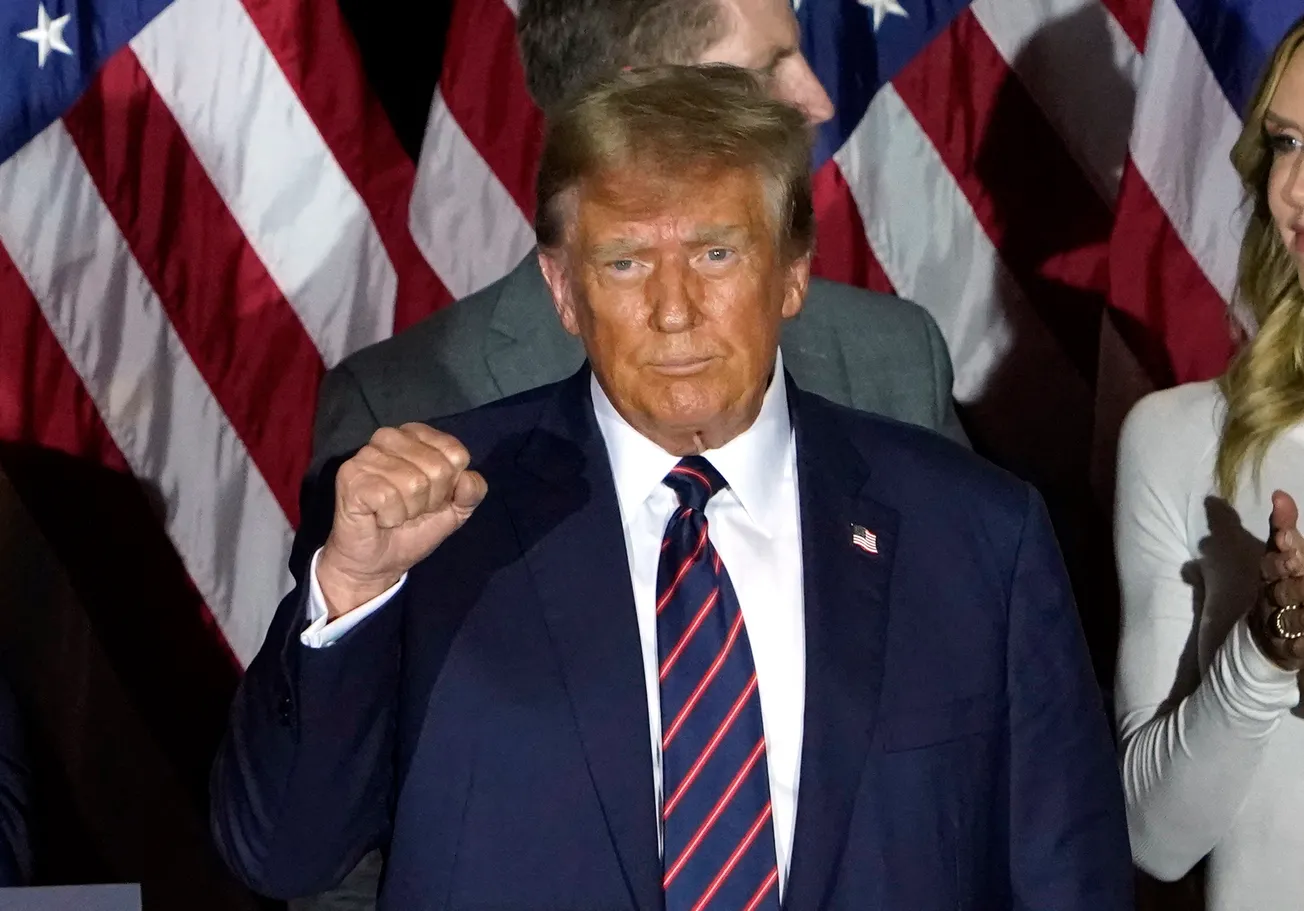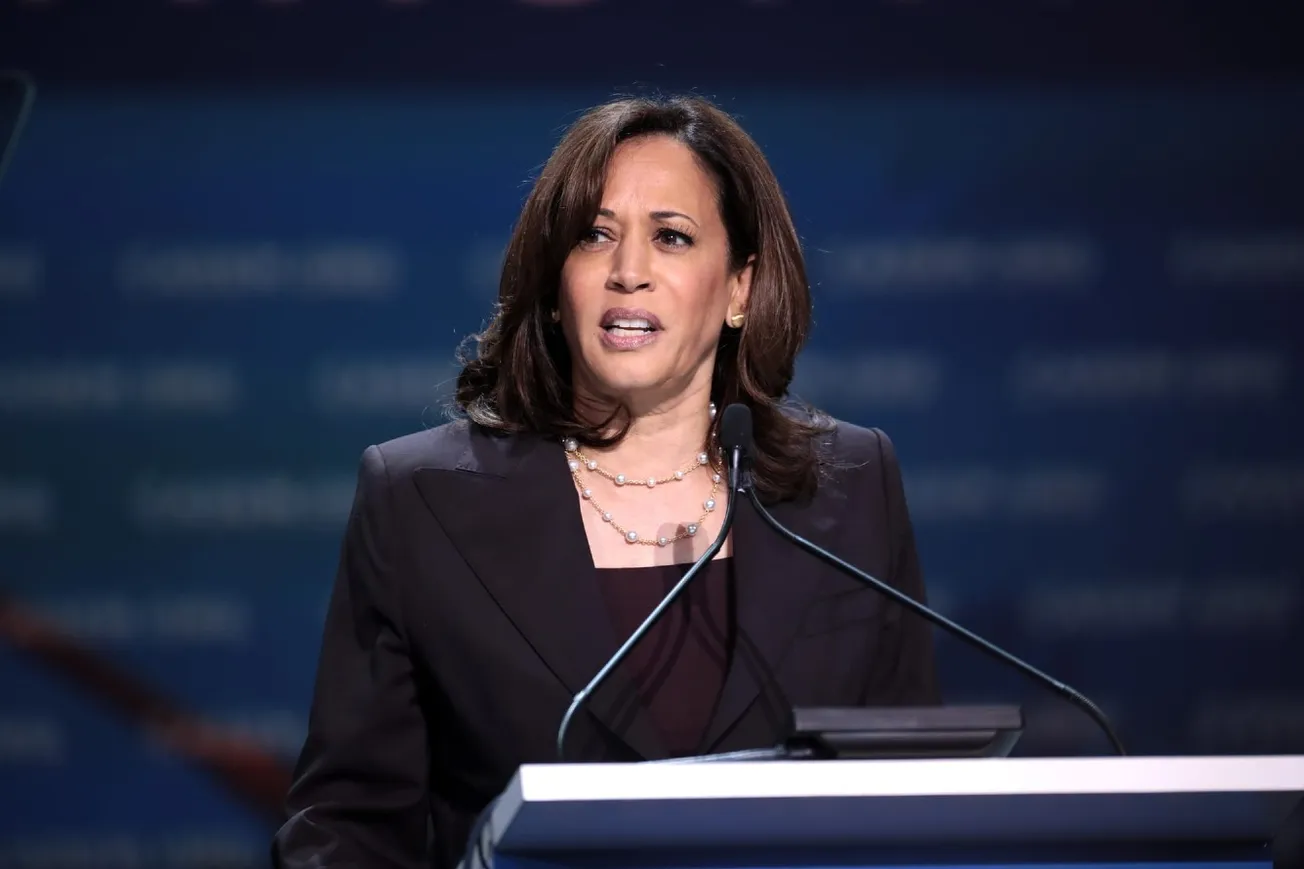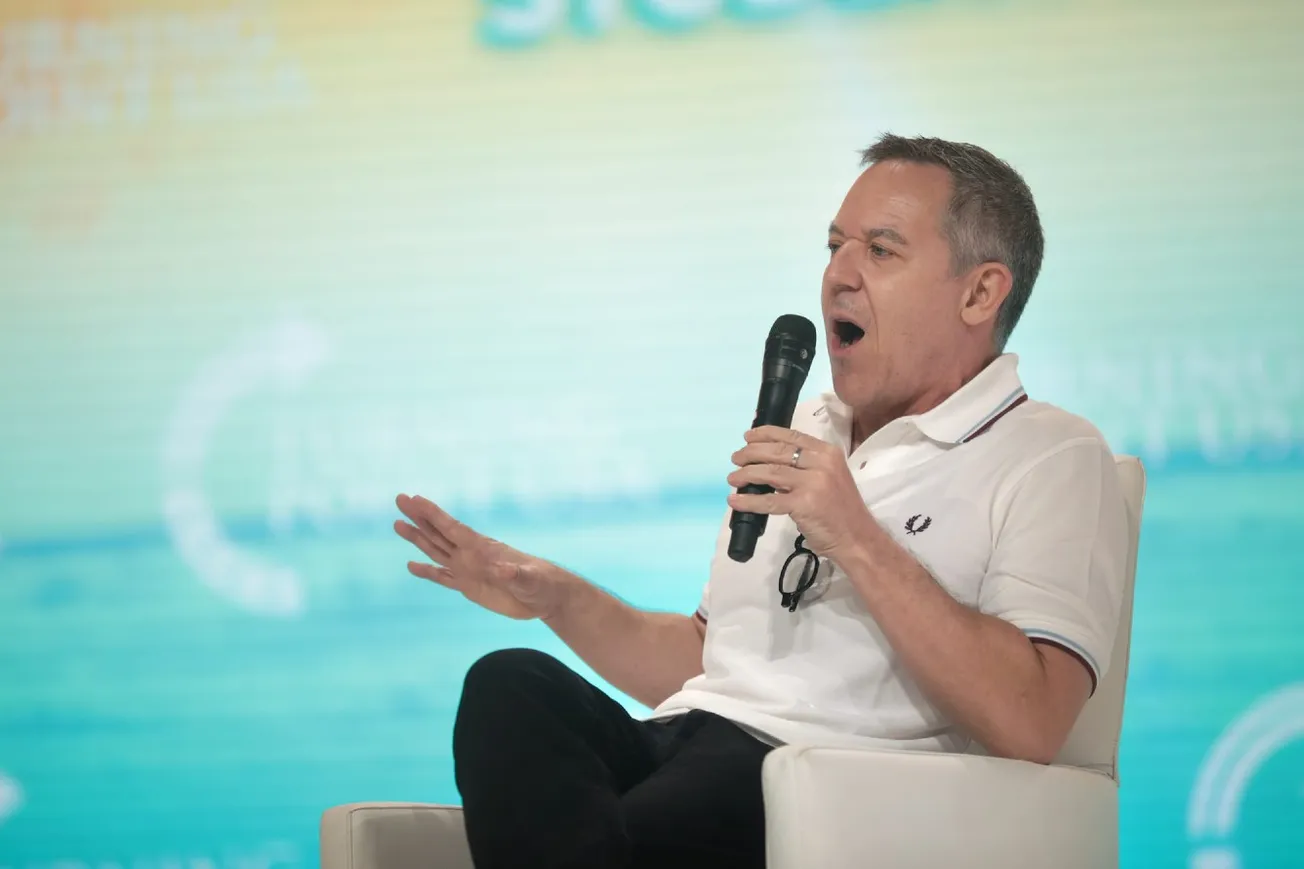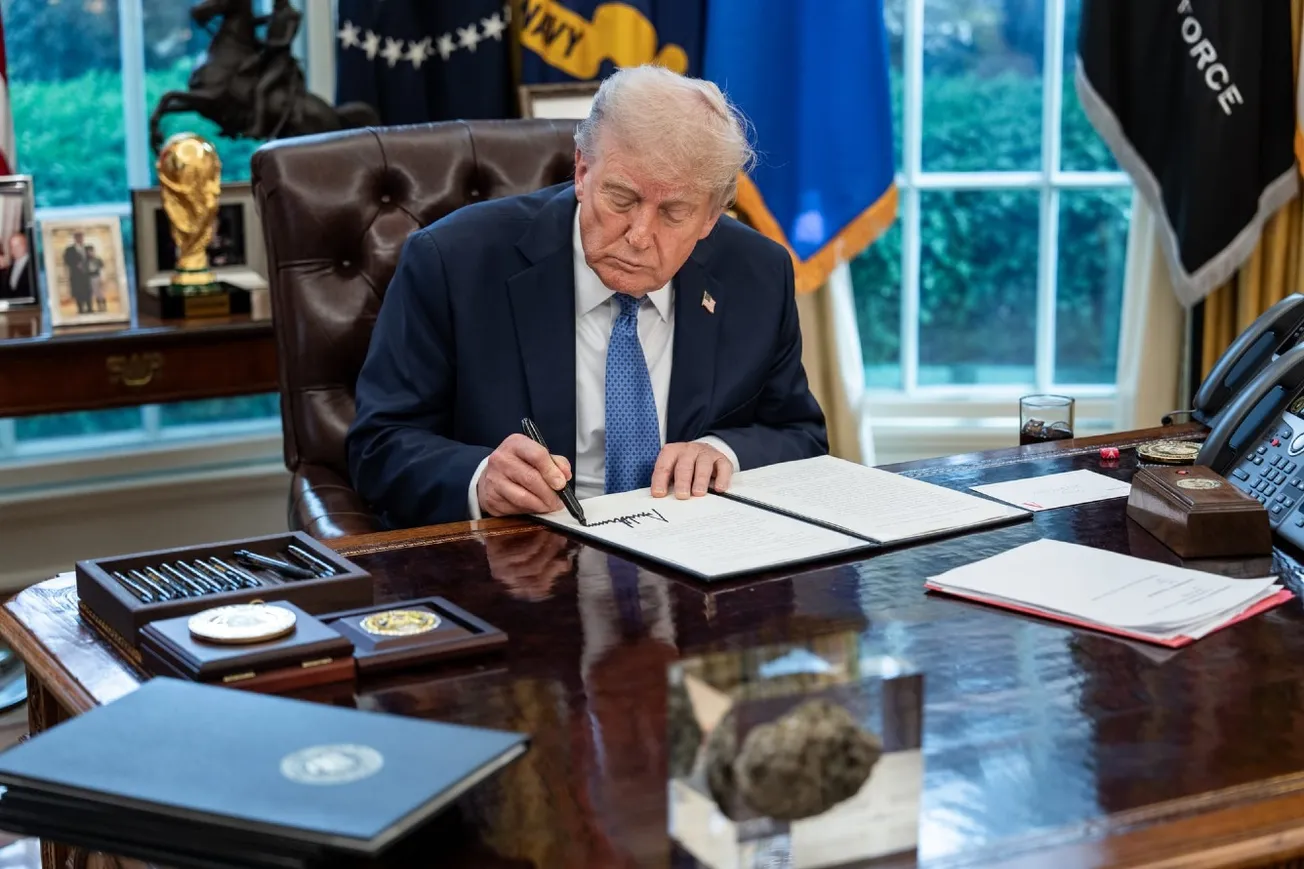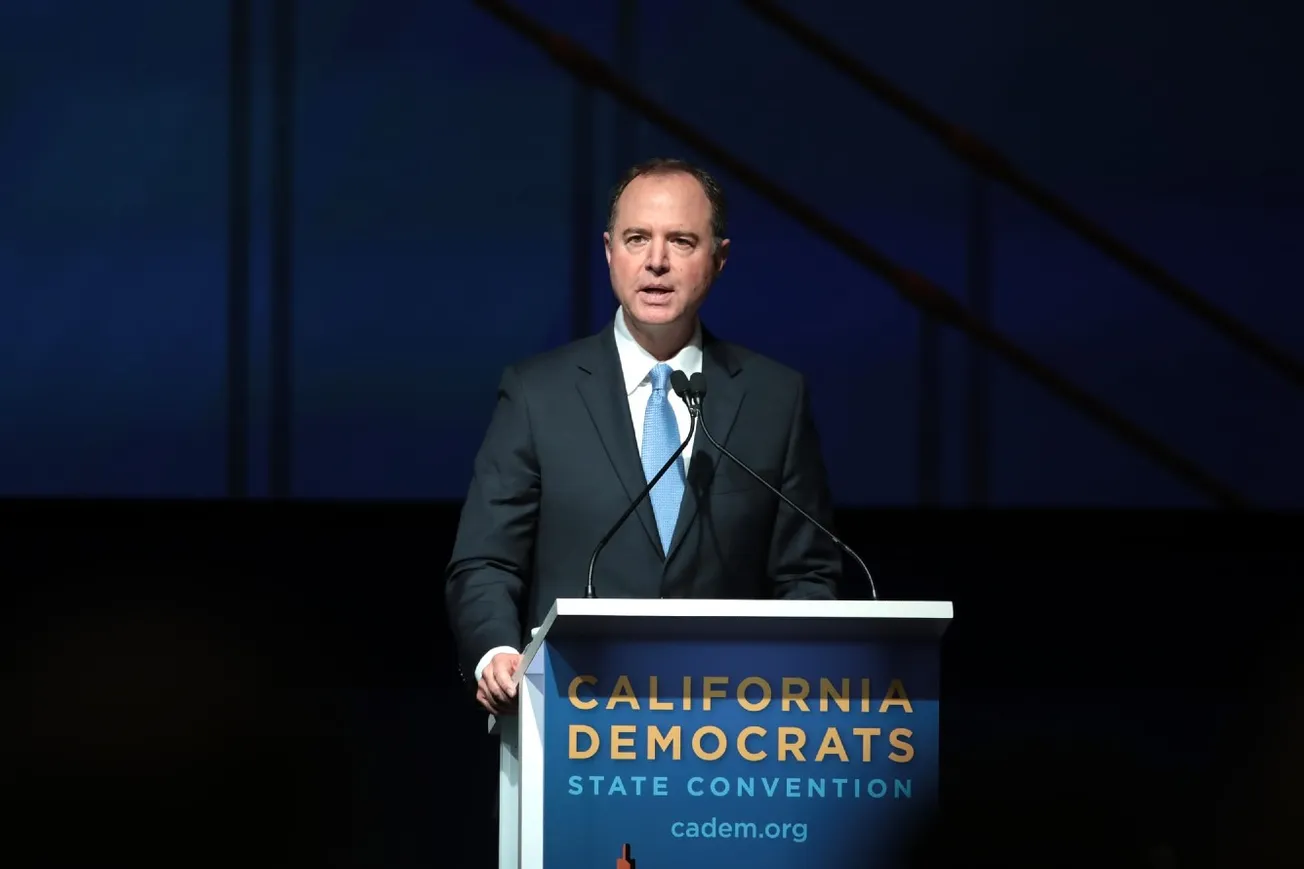The debate still rages among the GOP faithful, journalists, spin doctors, and talking heads: Who should be Donald Trump’s running mate? The question is especially valid since the former president stands convicted of 34 felonies in a highly controversial trial whose verdicts could be overturned. Will Trump’s pick be a surprise? I&I/TIPP Poll.
The May national online I&I/TIPP Poll asked Republican voters to reveal their first and second choices to be Trump’s No. 2. In its June poll, taken from May 29 through 31, I&I/TIPP once again asked a national sampling of registered Republicans (a total of 693 Republican and Republican-leaning voters, yielding a margin of error of +/-3.8 percentage points) the same questions.
The result: No major shifts in preference, but some minor ones that, if continued, could prove significant.
The first question is straightforward: “Who is your top choice for Trump’s vice president?”
In June, 14% selected Florida Gov. Ron DeSantis as their No. 1 pick, down one point from May. Meanwhile, at No. 2, former U.N. Ambassador and North Carolina Gov. Nikki Haley jumped to 11% support, up three points from 8% in May. Author-entrepreneur Vivek Ramaswamy solidified his No. 3 spot with 8% backing, a 1-point rise.
The trio at the top were followed by No. 4 Texas Gov. Greg Abbott (7% in June, unchanged) and No. 5 South Carolina Sen. Tim Scott (up two points,) former Housing Secretary Ben Carson (5% unchanged from May), TV personality and political commentator Tucker Carlson (4%, up 1 point), former Hawaii Rep. Tulsi Gabbard (3%, down 2 points).
They were followed by a long list of other possible veep candidates at 2% or less.
They include Florida Sen. Marco Rubio, former Secretary of State Mike Pompeo, North Dakota Gov. Doug Burgum, Arizona Senate candidate Kari Lake, South Dakota Gov. Kristi Noem, Tennessee Sen. Marsha Blackburn, Florida Rep. Byron Donalds, Ohio Sen. J.D. Vance, New York Rep. Elise Stefanik, Arkansas Gov. Sarah Huckabee Sanders, former National Security Adviser Gen. Michael Flynn, Arkansas Sen. Tom Cotton, Georgia Rep. Marjorie Taylor Greene, and former New York Rep. Lee Zeldin.
As of now, though, the top five are bunched a little tighter and no one is really surging from the rest of the pack, in terms of mainstream Republican support.
But those near the bottom can take heart: The most popular answer of all, at 26%, was “Not sure.”
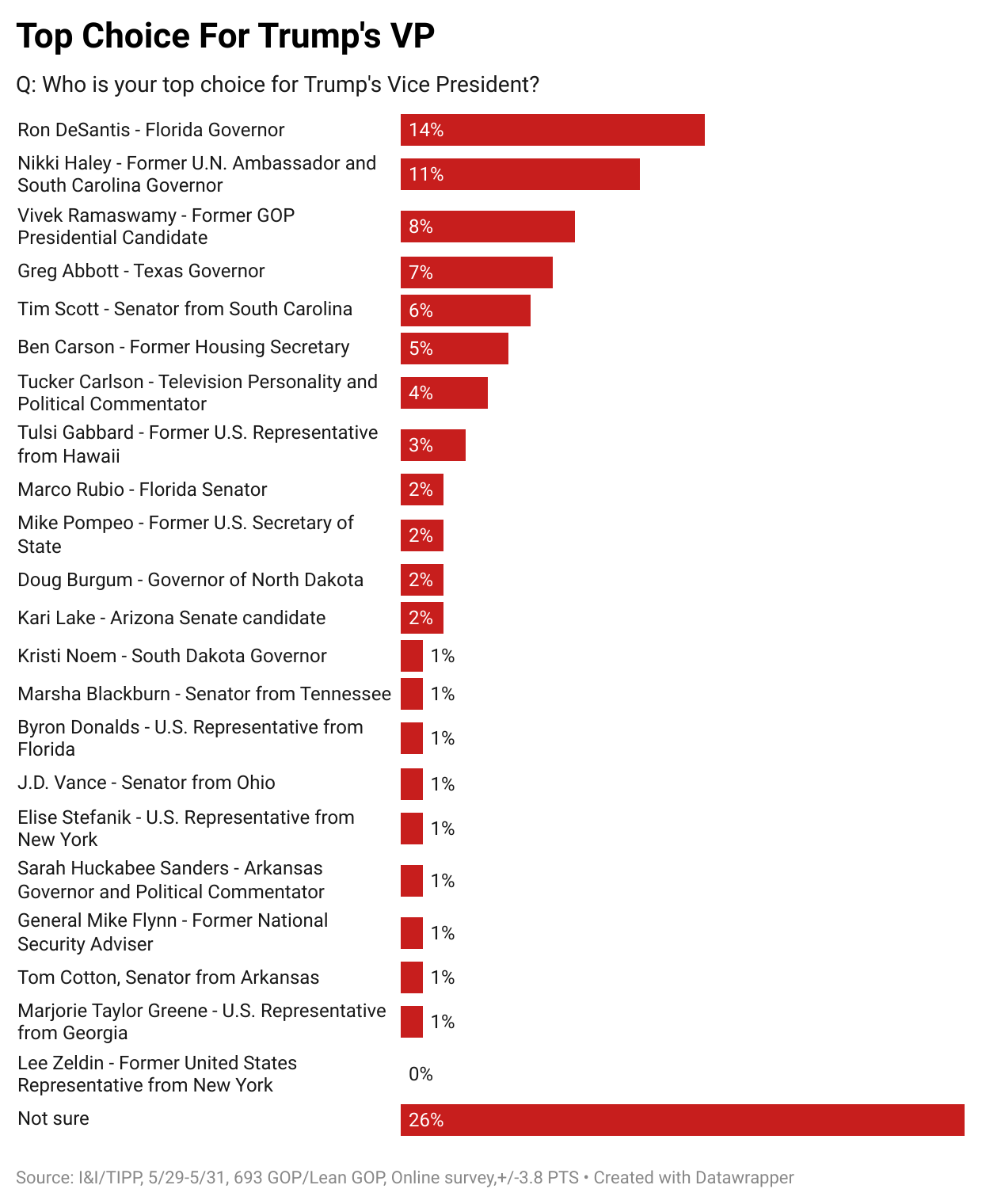
On the second question, “Who is your second choice for Trump’s vice president?” some interesting things happen. One is, that DeSantis gets 10%, down 4 points from May, while Scott, Abbott, and Carson all get 6%, followed by Nikki Haley at 4%, down 1 point from May. Rubio equaled Haley at 4%, up 1 point from the month before.
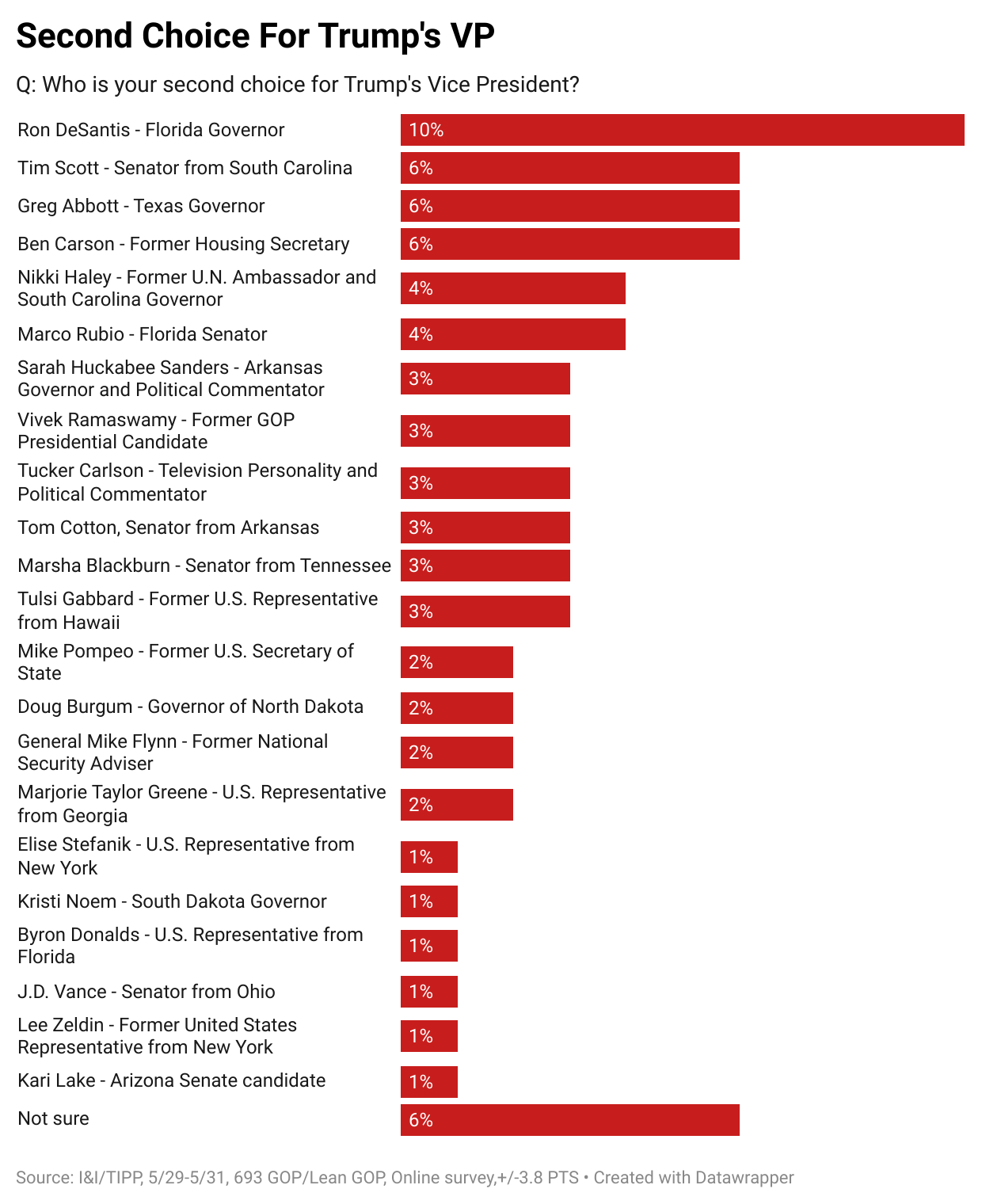
What does it mean? I&I/TIPP takes the two sets of responses and adds them together to get a gauge of the composite strength of all the running mate possibilities. In other words, those who get the most votes as both first and second pick, taken together, would seem to have the broadest support.
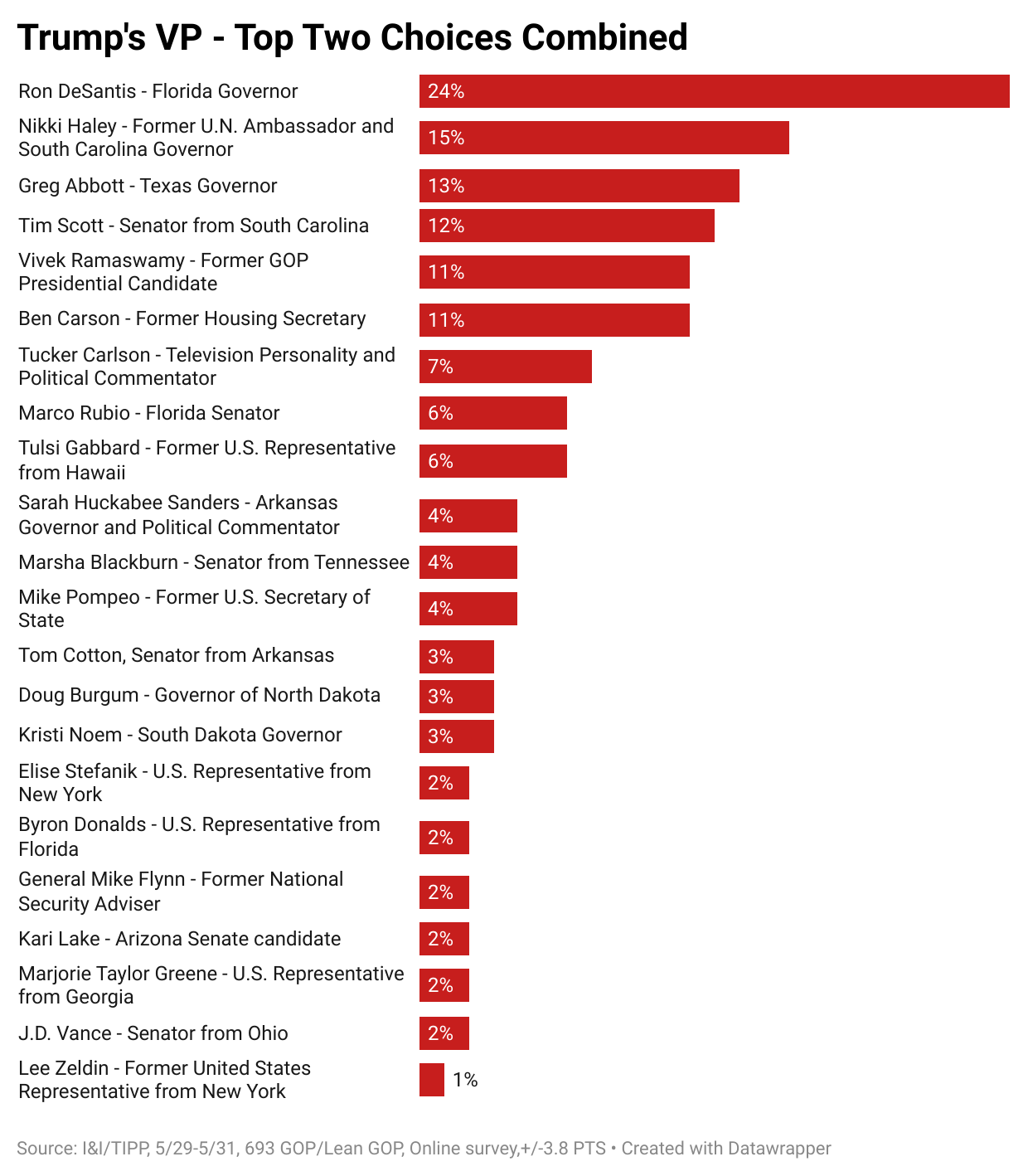
By this measure, DeSantis still has a comfortable, though smaller, lead at the top: 24%, versus No. 2 Haley at 15%, No. 3 Abbott at 13%, No. 4 Scott at 12%, and at No. 5 both Ramaswamy and Carson at 11%. No other candidate gets above 7% total support, when both questions are combined.
As we’ve noted before, it’s pretty clear that voters favor familiar faces, those with some track record of success, regardless of how they’ve gotten along with Trump in the past. DeSantis, Haley, Ramaswamy, and Abbott have all, at one time or another, clashed with the strong-willed Trump.
Will Trump seek a running mate who in the White House will provide him with strong political and policy backing, and serve as a sounding board?
Or will Trump, with his keen deal-making acumen and go-it-alone bravado, be open to selecting someone with selective demographic appeal to help with outreach to groups to win the election, but then give him or her little to do as vice president?
Citing “sources” among his advisers, NBC reported last week that Trump sent out “vetting papers” to several potential candidates for his short list of vice president possibilities.
According to a CBS News report, “Florida Sen. Marco Rubio, North Dakota Gov. Doug Burgum, South Carolina Sen. Tim Scott and Ohio Sen. J.D. Vance have received vetting materials and are the candidates most frequently discussed internally by Trump and his campaign, a source familiar with the process said, but added that the former president may still choose another candidate.”
Note, however, that our poll favorite, Florida Gov. DeSantis, is conspicuously absent from the list. So are Haley (15%), Abbott (13%), Ramaswamy, and Carson (both at 11% total support). Why are such potentially appealing candidates not on Trump’s short list, at least now?
Some might say, of course DeSantis is not on Trump’s list. The 12th Amendment of the Constitution forbids a president and vice president having their official domicile in the same state, in this case, Florida. So Desantis must be excluded, then, right?
Well, think back to the contentious election of 2000. Where was George W. Bush from? Texas. How about Dick Cheney, his vice presidential running mate? His official residence was also Texas. So why wasn’t Cheney disqualified? Wasn’t it a constitutional dilemma? Not at all. Cheney merely changed his official residence to another state. Problem solved.
OK, but what if Trump just wants a strategic pick to bolster his election chances, especially with powerful voting blocs, like women, Hispanics and African Americans?
Then maybe he goes deep and picks someone like the talented Rubio, who would help in Hispanic-heavy swing states like Nevada and Arizona, and who brings a well-honed foreign-policy message to the table.
Or maybe former Democrat Tulsi Gabbard, a woman, Lt. Colonel in the Army, former U.S. representative, and one-time progressive, who might tempt disgruntled Democrats and independents to pull the lever for Trump.
Gov. Burgum of North Dakota is another possibility, bringing both high-tech CEO experience and a stint as head of a state government to the table, who would likely be a solid and convincing advocate of Trump’s economic message.
Trump could also go with the likeable Carson or Scott, who could bring African-American voters into the GOP fold but also have shown strong crossover appeal with other groups.
For now, there are no clear indications as to which way Trump is leaning. Not surprising, since he’s been focused on defending himself from the more than 90 criminal charges levied against him in federal and state courts. But if he wants the ones that potentially carry the biggest clout with the most voters, the I&I/TIPP Poll might be the place to look.
Terry Jones is an editor of Issues & Insights. His four decades of journalism experience include serving as national issues editor, economics editor, and editorial page editor for Investor’s Business Daily.
Want to dig deeper? Download crosstabs from our store for a fee!
Our performance in 2020 for accuracy as rated by Washington Post:
